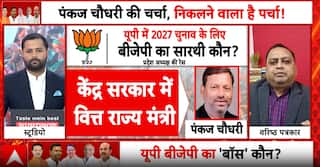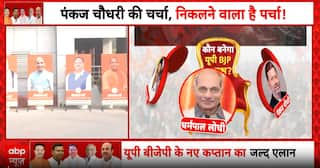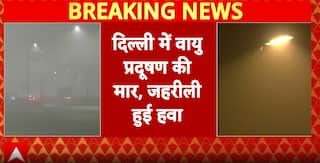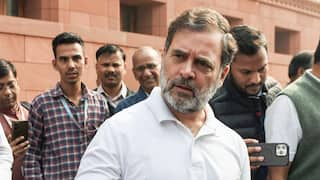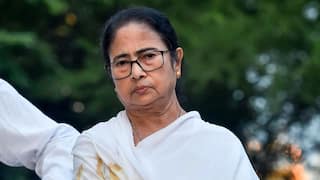Action To Be Taken Against Parties Failing To Give Info On Candidates' Criminal Records? SC Reserves Verdict
The apex court had earlier in 2018 ordered that information about the criminal records of contesting candidates be published in newspapers and broadcast on TV channels.

New Delhi: The Supreme Court on Tuesday reserved its order on a petition filed against the Election Commission’s failure to publish the details of criminal records of the candidates in the media during elections.
The apex court had earlier in 2018 ordered that information about the criminal records of contesting candidates be published in newspapers and broadcast on TV channels.
The petitioners said that this order was not followed in the Bihar Assembly elections held last year, adding action should be taken in such a situation against the officials of the Election Commission and the leaders of political parties for contempt of court.
Senior advocate Vikas Singh, who appeared for the Election Commission, told the apex court that people with criminal records were given tickets in the 2020 Bihar Assembly elections – the Rashtriya Janata Dal (RJD) had 103, Bharatiya Janata Party (BJP) 77, Janata Dal (United) 56, Nationalist Congress Party (NCP) 26 and CPI (M) 4 candidates.
The parties were informed about the court's decision. But in most of the cases it was not followed.
The Commission has the power to conduct elections under Article 324 of the Constitution, but does not have much power to take action against the parties that do not follow its instructions.
Senior advocate Harish Salve, appearing for the Election Commission, said that contempt action should be taken against the political parties which do not follow the court’s order.
“There shouldn't be any actions like penalising party leaders for 1 rupee,” said Salve while referring to a case of lawyer Prashant Bhushan.
Senior advocate KV Viswanathan, who was appointed amicus curiae in the matter, said that the Election Commission is not powerless to take action against the parties. Under Section 16A of the Election Symbols Order 1968, the Election Commission is empowered to suspend the election symbol of any party.
An unconditional apology was made in the court on behalf of NCP, CPI (M) and BSP.
Senior advocate Kapil Sibal, appearing for the NCP, said that the party has also taken action against the responsible office bearers of its Bihar unit in this matter.
BSP’s lawyer Dinesh Dwivedi said that while giving tickets for the elections, one has to take into account the chances of winning of a candidate. The registration of a criminal case against someone does not mean that he does not do social service.
During the hearing, it was also discussed that political parties sometimes decide the candidates on the last day of nomination.
In such a situation, the explanation given to the Election Commission regarding the selection of the candidate does not make much sense.
It also arose in the court that if a candidate of a national party or a state unit makes a mistake then to what extent would it be appropriate to suspend his election symbol in the country.
A bench headed by Justice Rohinton Nariman, while reserving the verdict on this issue, asked all parties to give written suggestions.
On receiving information about the non-compliance of the decision given in 2018, the apex court had also ordered on February 13, 2020, that: -
- Within 48 hours of giving ticket to a candidate, a political party should publish information about the cases registered against him in one regional newspaper and one national newspaper.
- Parties should also broadcast this information on TV channels.
- Political parties should also upload this information on their official website, Facebook and Twitter accounts.
- Submit compliance reports with the Election Commission of India within 72 hours.
- The political party will also have to explain why it gave ticket to the candidate against whom criminal cases are pending.










